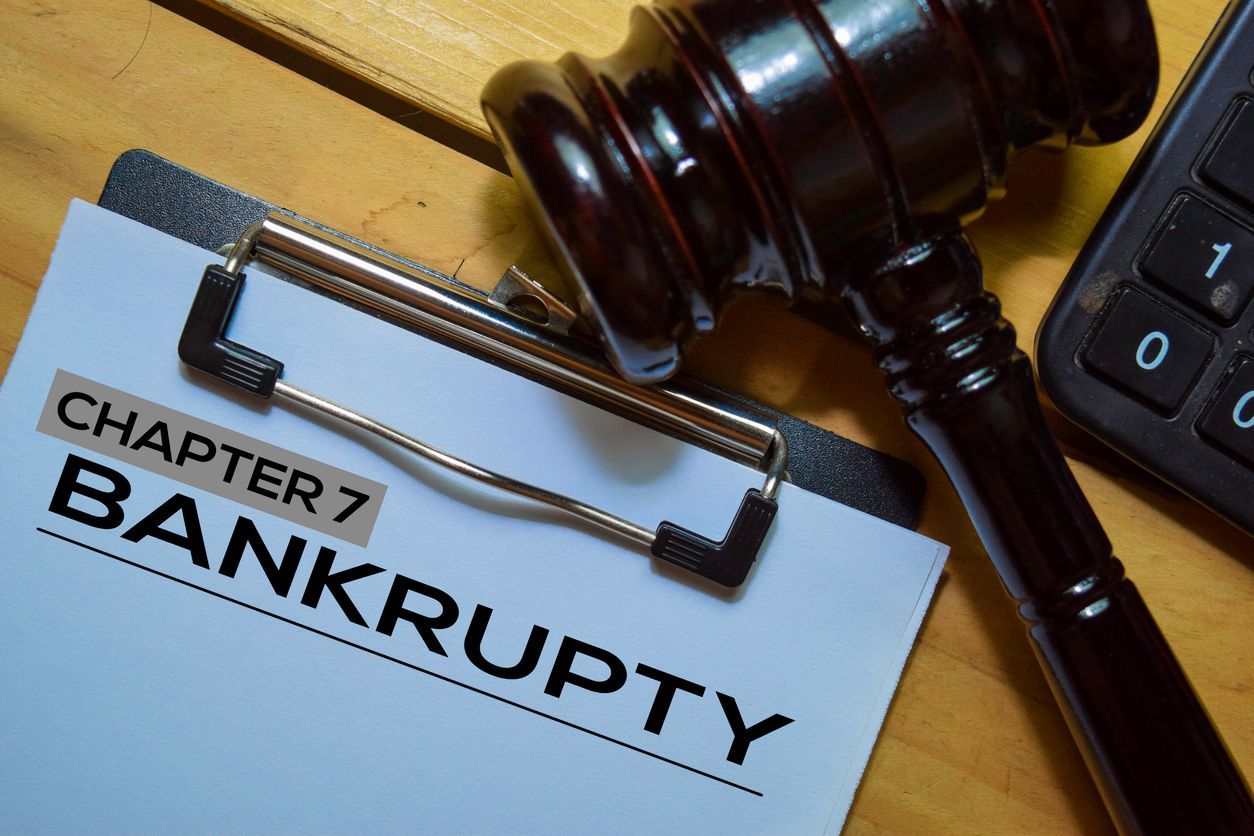Modifying Your Repayment Plan in Chapter 13 Bankruptcy: What You Need to Know
If you're facing financial hardships and have filed for Chapter 13 bankruptcy in Tennessee, you may be wondering if there's any flexibility in your repayment plan. Life is unpredictable, and circumstances may change over time, making it necessary to modify your plan. In this blog post, we will explore the requirements for modifying a repayment plan in Chapter 13 bankruptcy and the potential consequences if you miss a payment.
Understanding the Requirements for Modification
Modifying your repayment plan in Chapter 13 bankruptcy involves making changes to the terms of the plan to accommodate new financial circumstances. However, there are certain requirements that you need to fulfill in order to be eligible for a modification:
- Demonstrated Good Faith: You must have made all previous plan payments in good faith. This means consistently adhering to the original repayment plan and fulfilling your financial obligations.
- Significant Change in Circumstances: The court requires a valid reason to modify your repayment plan. Examples of significant changes in circumstances include job loss, medical emergencies, or unforeseen expenses that impact your ability to continue making payments as initially agreed.
- Proof of Financial Hardship: You need to provide evidence that supports your claim of financial hardship. This may include recent pay stubs, tax returns, medical bills, or any other relevant documentation that demonstrates your current financial situation.
It's important to note that the court will carefully review your request for modification and assess whether the proposed changes are reasonable given your circumstances.
Consequences of Missing a Payment
While it's crucial to explore the option of modifying your repayment plan if you're facing financial difficulties, it's equally important to understand the consequences of missing a payment. When you file for Chapter 13 bankruptcy, there's an expectation that you'll adhere to the agreed-upon repayment plan. Failure to do so can have serious repercussions:
- Dismissal of the Bankruptcy Case: If you consistently miss payments without seeking a modification or taking appropriate action, the court may dismiss your bankruptcy case. This means you lose the protection and benefits provided by bankruptcy, potentially leaving you vulnerable to creditors and collection actions.
- Accumulation of Debt: Missing payments can result in the accumulation of additional debt. Interest, penalties, and fees may be added to your existing debts, making it even more challenging to catch up on payments.
- Loss of Automatic Stay Protection: The automatic stay is a key benefit of filing for bankruptcy. It temporarily halts creditors' collection efforts, providing you with some relief. However, if you fail to make payments as required, the court may lift the automatic stay, allowing creditors to resume their collection activities.
It's important to communicate with your bankruptcy attorney if you're experiencing financial difficulties and are unable to make your scheduled payments. They can guide you through the process of modifying your repayment plan or explore other potential solutions to help you regain financial stability.
Seeking Professional Guidance
Navigating the complexities of Chapter 13 bankruptcy and modifying a repayment plan can be overwhelming. It's crucial to seek professional guidance and work with an experienced bankruptcy attorney who can provide you with personalized advice based on your unique circumstances.
A knowledgeable attorney can help you understand the requirements for modifying your repayment plan, assist in gathering the necessary documentation, and represent your interests in court. They can also explain the potential consequences of missing payments and explore alternative options to ensure your financial well-being.
Modifying your repayment plan in Chapter 13 bankruptcy is a viable option for Tennessee residents facing unforeseen financial challenges. By understanding the requirements for modification and seeking professional guidance, you can navigate the process with confidence. Remember, communication is key. If you're struggling to make payments or need to modify your plan, consult with a bankruptcy attorney who can help you explore the best course of action for your specific situation.











